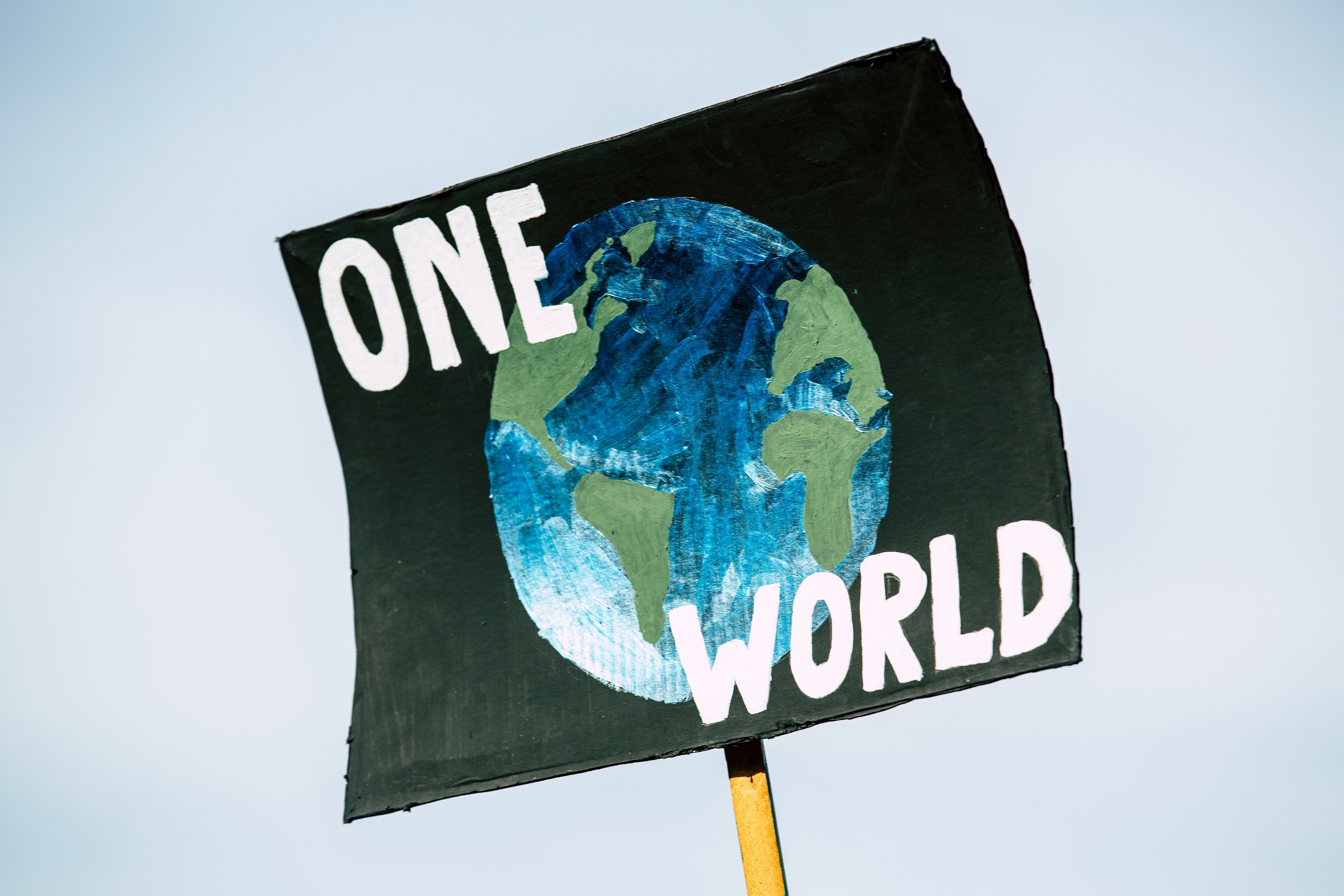How philanthropy could help provide better mental health care

Mental ill-health has increased during the pandemic, and yet only 2% of global funding is spent on mental health care.
Stay up to date:
Global Health
Listen to the article
- Mental ill-health has increased during the COVID-19 pandemic, and yet funding for mental health care remains extremely low.
- Philanthropy has a role to play in funding better care in this area, with younger philanthropists in particular considering it a priority.
- Mental health deterioration is the issue on which older and younger generations most disagree in this year’s Global Risks Report.
Mental ill-health affects one in four people, and around 20% of the world’s children and adolescents. It has increased during the pandemic, compounded by being the most disrupted part of health systems across the world. Yet funding for mental health care remains extremely low – around 2% of global health funding and currently just 0.5% of philanthropic health giving.
The World Health Organization estimates that of the 1 billion people around the world currently experiencing mental ill-health, more than 80% are without any form of quality, affordable care. Countries on average still spend less than 2% of their health budgets on mental health. International finance to global mental health care in 2019 came to a total of just $160 million.
The G7 Health Ministers recently flagged the impact that the global COVID-19 pandemic has had on mental health. Yet no new funding initiatives have yet been announced to ensure that mental health care forms a critical part of our global recovery. Continuing underinvestment in mental health risks will have global health implications, and also costly knock-on effects for social and economic development. This is particularly significant given that 81% of those affected by poor mental health live in lower-and-middle-income countries.
New coalitions are starting to emerge in response to the global mental health crisis. The World Health Assembly recently brought together 194 countries to approve an updated Mental Health Comprehensive Action Plan to galvanise global action behind common targets and indicators. In the entertainment industry, The Mental Health Storytelling Coalition aims to change the narrative on mental health in the media, and includes MTV, NBCUniversal, Amazon Studios, Nickelodeon, Paramount Pictures, Walt Disney Company and others. A flurry of companies has also rallied to step up the mental health support that they offer their employees and customers.

How can philanthropy help?
Philanthropists’ ability to take risks, and to act quickly and flexibly, makes them ideally placed to drive change in mental health care. Recently NM Impact, United for Global Mental Health and Arabella Advisors launched a report into philanthropic funding for mental health care, based on surveys and in-depth interviews with philanthropists.
The report highlighted the ways in which philanthropists can tackle traditional barriers to giving to mental health, with a particular focus on how to support the those working to address the significant need in low and middle income countries. This means focusing on building capacity within the mental health sector; collaborating with public bodies and private sector innovators; and scaling up evidence-based solutions.
It also showed that collaboration among philanthropists remains difficult, not least due to the lack of transparency around philanthropic money. This in turn makes it harder for philanthropists to create the systemic change to mental health care services that is ultimately needed.
Generational change
The research also found that mental health care is an opportunity that resonates particularly strongly with younger philanthropists. In the future, as this ‘next generation’ starts to exercise greater control of their family finances, more funding may be channelled into this area.
This generational focus on mental health within philanthropy echoes the divide that emerged in this year’s World Economic Forum Global Risks report, in which ‘mental health deterioration’ was cited by the Shapers Community (younger leaders predominantly in their 20s) as a leading blind spot for global decision-makers. While the Shapers Community ranked mental health deterioration in its top 5 of 35 global risks for its potential negative impact for the world, respondents across all ages ranked it in the bottom 5 of 35. Statistically, mental health was the global risk on which the generations most disagreed.
We have seen the younger generation increasingly pressure the older generation on climate change. Will mental health be the next global risk on which younger people demand a better response?
Don't miss any update on this topic
Create a free account and access your personalized content collection with our latest publications and analyses.
License and Republishing
World Economic Forum articles may be republished in accordance with the Creative Commons Attribution-NonCommercial-NoDerivatives 4.0 International Public License, and in accordance with our Terms of Use.
The views expressed in this article are those of the author alone and not the World Economic Forum.
Related topics:
Forum Stories newsletter
Bringing you weekly curated insights and analysis on the global issues that matter.
More on Wellbeing and Mental HealthSee all
David Elliott
September 22, 2025
Hannes Klöpper
August 26, 2025
David Ebube Nwachukwu and Adam Skali
August 25, 2025
Margarita Louis-Dreyfus
August 22, 2025
Maha Hosain Aziz
August 20, 2025
Chavalit Frederick Tsao
August 19, 2025





